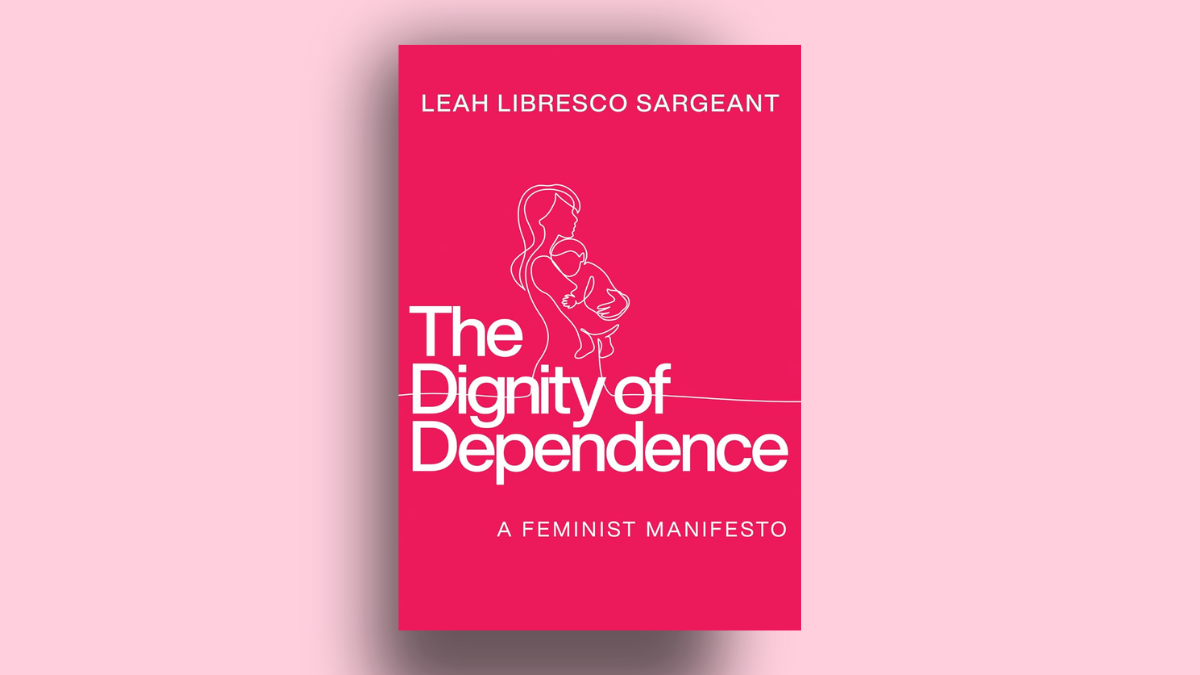A new book by Leah Libresco Sargeant, titled The Dignity of Dependence: A Feminist Manifesto, critiques contemporary feminist movements for failing to recognize the unique aspects of womanhood. Sargeant argues that a feminism that does not embrace the differences between men and women cannot effectively advocate for women's rights.
Explainer As A Former DC Cop, The Federal Takeover Was The Right Move
Sargeant's work comes at a time when discussions about gender and autonomy are increasingly prominent in society. She asserts that many feminist narratives prioritize individual autonomy to the detriment of women's identities and experiences. "A feminism that fears acknowledging difference will be unable to advocate fully for women or children," Sargeant states.
A feminism that fears acknowledging difference will be unable to advocate fully for women or children,
The author highlights how societal structures, from workplace designs to healthcare, often cater primarily to men, leaving women to adapt. She points out that physical and biological differences, particularly related to motherhood, create challenges for women in achieving autonomy. "Women, more than men, are physically marked by relationships of care," Sargeant explains.
Critics of Sargeant's perspective argue that emphasizing dependence may undermine women's progress toward equality. They contend that framing autonomy as a false idol could discourage women from pursuing independence and self-actualization. However, Sargeant counters this view by asserting that true equality cannot exist without acknowledging the realities of human embodiment and reproduction.
In her book, Sargeant also addresses the contentious issue of abortion, suggesting that some feminist arguments equate women's rights with the ability to terminate pregnancies. She challenges this notion, claiming that it sets mothers' rights against those of their children. "Babies can’t survive a culture that despises dependence," she argues.
Sargeant's manifesto calls for a reevaluation of how society views dependence and vulnerability. She posits that these elements are integral to the human experience and should not be seen as weaknesses. Instead, she advocates for a recognition of the interdependence between men and women, stating, "To treat each other justly we must be honest about who we are. Men and women are deeply dependent creatures."
The book has sparked discussions among scholars and activists, with some praising its fresh perspective on feminism while others criticize it for potentially reinforcing traditional gender roles. Critics argue that Sargeant's focus on dependence could hinder women's empowerment in a society that increasingly values autonomy.
Despite the mixed reactions, Sargeant's work is seen as a significant contribution to ongoing debates about gender, autonomy, and the role of women in society. Her arguments challenge readers to reconsider the foundations of feminist thought and the implications of viewing autonomy as the ultimate goal.
As society continues to grapple with these complex issues, The Dignity of Dependence serves as a provocative reminder of the importance of recognizing and valuing the unique experiences of women. Sargeant's insights may resonate with those seeking a deeper understanding of the interplay between gender, dependence, and dignity in contemporary life.
Why it matters
- Leah Libresco Sargeant's book critiques modern feminism for neglecting the unique aspects of womanhood, emphasizing the need for a more inclusive approach.
- Sargeant argues that a feminism ignoring differences between genders fails to advocate effectively for women's rights and identities.
- The book challenges prevailing narratives that prioritize autonomy over the realities of women's experiences, particularly in motherhood and care.
- Sargeant's work has sparked significant debate, highlighting the tension between dependence and empowerment in feminist discourse.
What’s next
- Scholars and activists are encouraged to engage with Sargeant's ideas in upcoming feminist forums and discussions.
- Readers are urged to reflect on the implications of Sargeant's arguments for future feminist movements and policies.
- The book's release may prompt further investigations into the societal structures affecting women's rights and identities.
